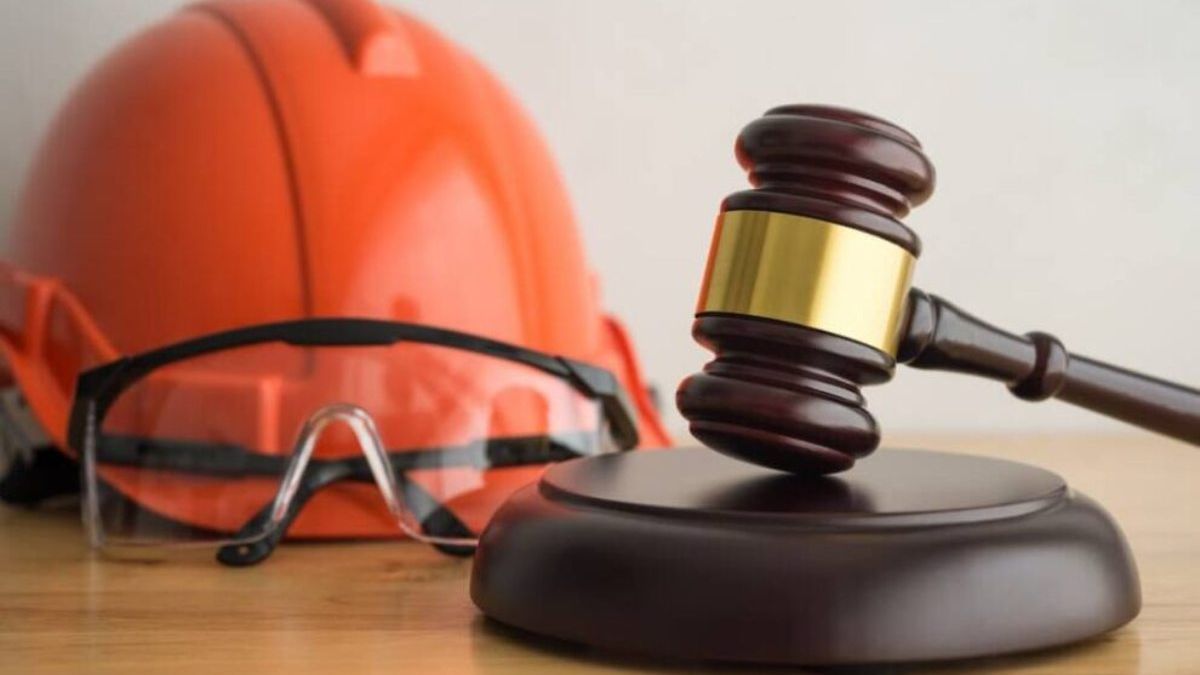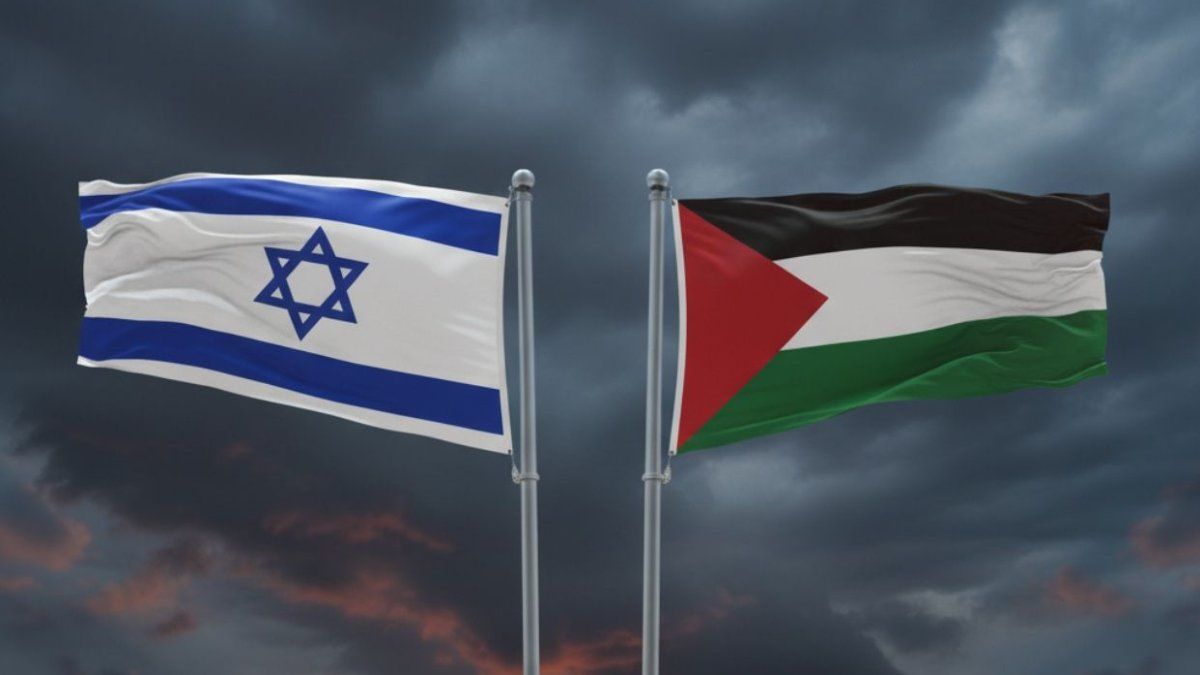After days of protests in Cuba, the government has now made the first small concessions to the demonstrators. In the future, travelers will be allowed to import food, medicines and hygiene articles duty-free, as Prime Minister Manuel Marrero announced in a TV address. The previously applicable quantity restrictions are therefore also no longer applicable. The new rules will come into force on Monday and will initially apply until the end of the year.
Even President Miguel Diaz-Canel suddenly made conciliatory: the government must learn its lessons from the “unrest” and undertake a “critical analysis of our problems,” he said. He called for “peace, harmony and respect among the Cubans”, promised to improve electricity generation and expand drug production.
One of the demands of the protest movement is the easier importation of everyday necessities. In an open letter, a group of artists and intellectuals called on the government to implement the measure. Thousands of people have been taking to the streets every day since the weekend. Despite the first promises of reform, the authorities of the Caribbean state continue to crack down on it: More than 5,000 demonstrators were arrested, including 120 activists and journalists. A 36-year-old man died in a demonstration on Monday.
The blockade of the Internet in Cuba was only partially lifted. Access to Facebook, Twitter and WhatsApp remained blocked yesterday. Not only did the Cubans have access to independent news via networks like Facebook and Twitter, they also organized their mass protests.
Meanwhile, numerous Cuban and Cuban-American celebrities showed their solidarity with the demonstrators, including actor Andy Garcia, singer Gloria Estefan and jazz pianist Chucho Valdes.
more on the subject





